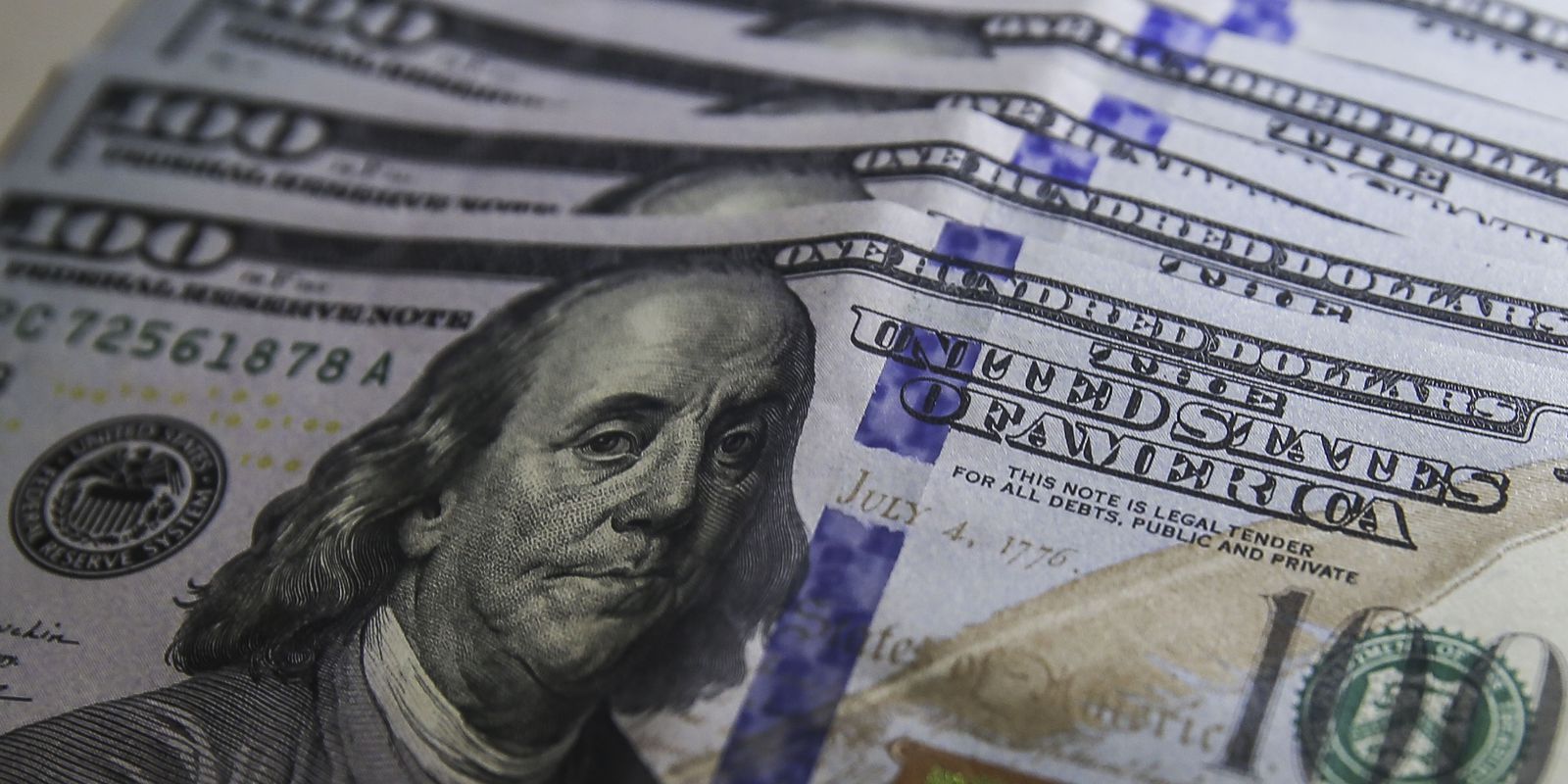The increase in the price of several imported goods and the lockdown measures in China affected the Brazilian trade balance in May. Last month, the country exported US$ 4.943 billion more than it imported. This is the lowest surplus for the month since 2019, when the result was positive at US$ 4.369 billion.
In the first five months of the year, the trade balance has accumulated a surplus of US$ 25.128 billion. This represents 6.4% less than that registered from January to May of last year (US$ 8.087 billion), according to the daily average criterion. The result is the lowest for the period since 2018, when the accumulated surplus was US$ 20.005 billion.
Traditionally, trade balance statistics are released on the first business day of each month. However, because of the strike by foreign trade analysts, the result was postponed to today, one day before the legal deadline of the tenth business day for disclosure expires.
Last month, Brazil sold US$ 29.648 billion abroad and bought US$ 24.704 billion. Both exports and imports hit a record for the month of May since the beginning of the historical series, in 1989. However, imports grew more than exports.
In May, the value of sales abroad rose 8% in relation to May of last year, according to the criterion of the daily average. The value of imports increased by 33.5% in the same comparison.
The appreciation of commodities (primary goods with international prices) contributed to the record of exports, but began to increase the value of imports. This is because the price of several goods that Brazil imports has risen, even with the quantity purchased from abroad falling.
Last month, the volume of imported goods rose by just 0.1%, while prices rose 35.7% on average compared to the same month last year. The products with the greatest impact on the trade balance were refined fuels, manures and fertilizers, coal, crude oil, wheat and rye. Even with the quantity purchased falling for most of these products, the value imported has risen, due to the increase in these items.
In exports, the quantity sold fell 7.9%, pressured by the drop in shipments of grains and ores to China, which has some regions in lockdown because of the covid-19 pandemic. Average prices rose 21.9%.
I estimated
By April, the government had increased it to $111.6 billion from trade surplus projection for 2022, because of the appreciation of commodities. The undersecretary for Intelligence and Foreign Trade Statistics, Herlon Brandão, said that the next estimate, to be presented in July, could be revised downwards because of the growth of imports.
“Given that imports have been growing above the rate of the last forecast, it is expected that it will be revised upwards. So, most likely, the next balance expectation will bring a lower value, yes, for the year”, declared the undersecretary.
















